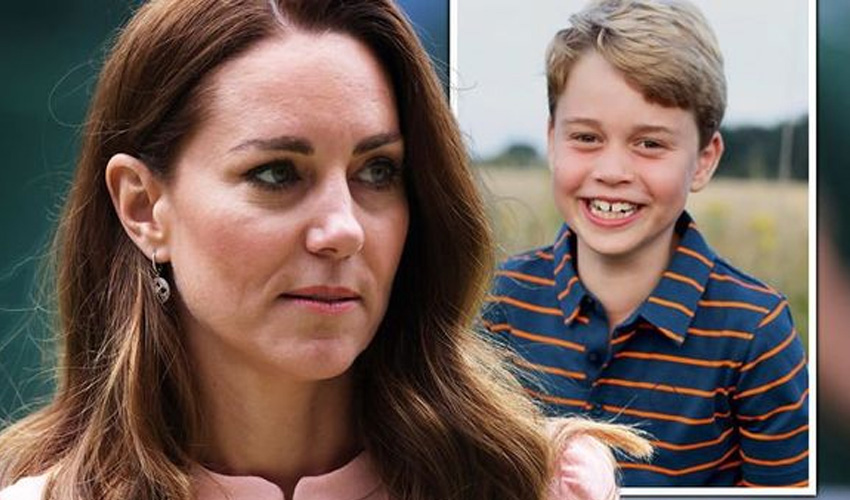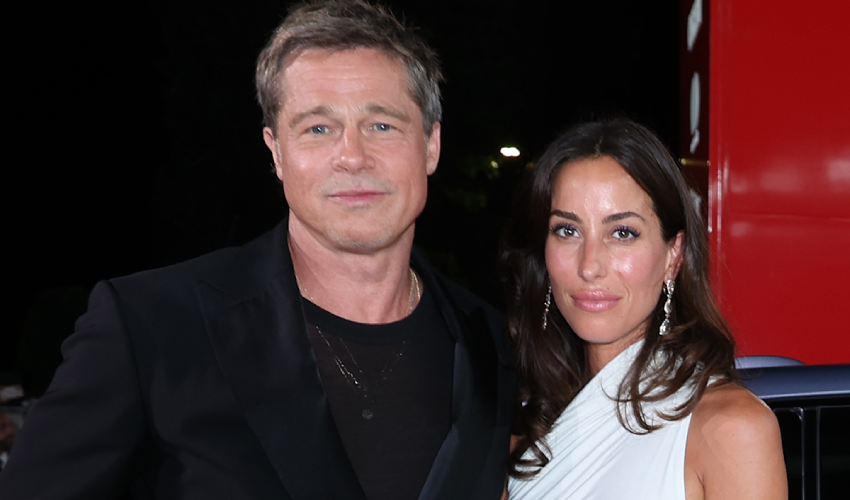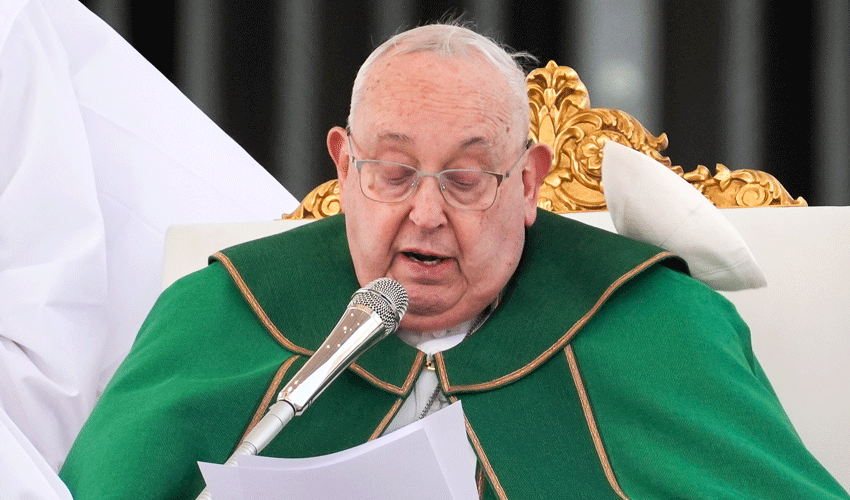A subtle yet significant shift in family dynamics within the British royal family was observed during the airing of Kate Middleton’s Royal Carols: Together at Christmas service at Westminster Abbey on Christmas Eve.
A royal expert has noted a remarkable change in the Princess of Wales's behavior, highlighting how her son, Prince George, appears to be taking on a more prominent role within the royal family.
Body language expert Judi James observed a marked difference in Kate Middleton’s posture and demeanor during the service, suggesting that the Princess of Wales may have transferred some of her responsibilities to her eldest son. As Prince George, now 11, takes on a more assertive role in managing his younger siblings, Kate seemed more relaxed and at ease, a far cry from the tense and vigilant stance often associated with her earlier appearances.
James pointed out that George appeared to have stepped into a leadership position, particularly in guiding his younger brother, Prince Louis, through the royal rituals.
The young prince was seen gently nudging Louis back in line when he rushed ahead to greet the service's host, even adjusting his tie with a precision that mirrored his father, Prince William's, own ceremonial gestures.
“It was clear that George is now in charge of overseeing Louis’s conduct,” James said, “showing his younger brother the pecking order of royal protocol with a sense of maturity beyond his years.” Kate, standing behind her children, appeared both proud and relieved, as she smiled while watching the unfolding scene.
James also noted that Kate’s body language during the service was notably more relaxed than in previous royal engagements. She was seen sitting with a comfort and ease that contrasted with her usual poised, straight-backed posture. This shift suggests that Kate is feeling a greater sense of confidence in her children’s ability to handle the royal spotlight without her constant supervision.
“This change reflects a sense of relief and pride,” James added. “Kate no longer seems to be on constant ‘child watch,’ and this new level of self-sufficiency in her children has allowed her to immerse herself more fully in the service and the family’s traditions.”



























